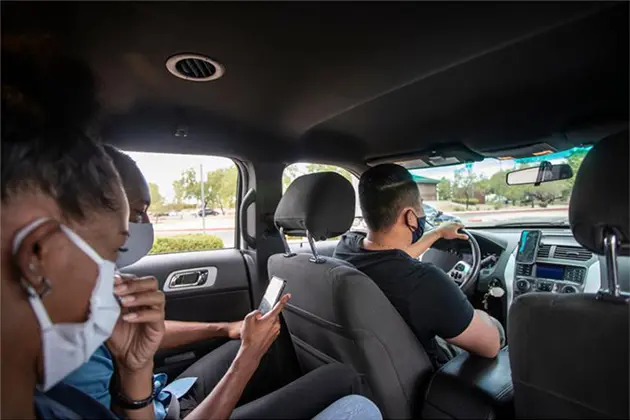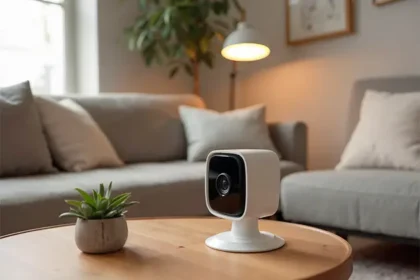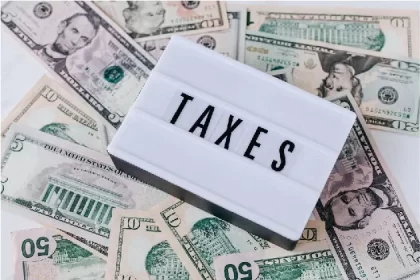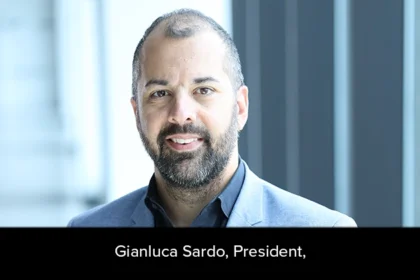There’s no denying that social media has become our “second life,” as it has assisted us in staying connected with our friends, family, and loved ones. Most people have secured jobs and met their dream partner in the online space. However, social media doesn’t work for everyone, especially in some circumstances.
One such set of individuals is the victims of rideshare accidents. Usually, they want to inform their loved ones and co-workers that they’re doing just fine and it’s needless to panic.
However, attorneys specializing in rideshare accidents will usually counsel victims to refrain from posting accident scenes on their social media handles. And here’s why:
Insurance Companies Can Take Advantage of the Situation
There’s no doubt that most accident hazards involving cars or physical are shouldered on the bank of some insurance company adjusters. To reduce the burden, insurance company adjusters undergo intense training to exploit the publications accident victims post on their media handles.
Insurance adjusters, lawyers, or anyone from the other side involved in your claim might be watching. When they see that post, they might start making their own assumptions about your recovery.
Maybe they assume that if you’re well enough to go out, your injuries aren’t that serious. And just like that, they might try to use that small moment of normalcy to argue that you’re healthier than you claim to be.
Besides, that post doesn’t even tell the whole story. Maybe that restaurant visit was the only time you’d gone out in weeks. Or perhaps you paid for it later with pain or exhaustion.
But, to someone who doesn’t know you or what you’re dealing with day-to-day, that single snapshot could paint a completely misleading picture of your recovery.
And if it comes up during negotiations, it could end up affecting your case or lowering the amount of compensation you’re entitled to.
Staying off social media during a claims process is really about avoiding these little misunderstandings and making sure no one has a chance to twist a brief, innocent moment into something that it’s not, and sometimes, you might not be able to get the judge to believe you over them.
The Victim can Become Vulnerable to the Defense Lawyer
The case of the opposition attorney is different from that of an insurance company, as they both want to reduce the payment of the compensation.
In an at-fault state, it is the tortfeasor (wrongdoer) that pays the damages. The tortfeasor consults a lawyer, and the lawyer would want to take a pip into the weaknesses of the claimant’s/victim’s suit, one of which is making a post relating to the rideshare accident.
As in the case of the insurance company, this could adjust the mind of the judge into believing that the victim isn’t as injured as he stated in his pleadings (file suit). This, in turn, could cause the victim to go home with less damage than he expected.
How to Use Social Media After a Rideshare Accident
If a victim of a rideshare accident can’t make a publication relating to that, then how can such an individual use social media? Here are a few tips:
- Cease from accepting friend request, especially from people you know nothing about
- Inform loved ones not to post an updated video or photo that you feature in
- Do not post or make a comment relating to the lawsuit
- If you’re to post, ensure only friends and family have access to view it
- If possible, don’t get online on social media at all
Bottom Line
Road hazards are no joke. When they happen, there’s always this urge to post about your health status to calm the nerves of family and friends who think you may have sustained some casualties.
However, most rideshare accident attorneys will recommend you stay off social media during this period so as to avoid the downsides that could affect your chances of getting maximum compensation.










